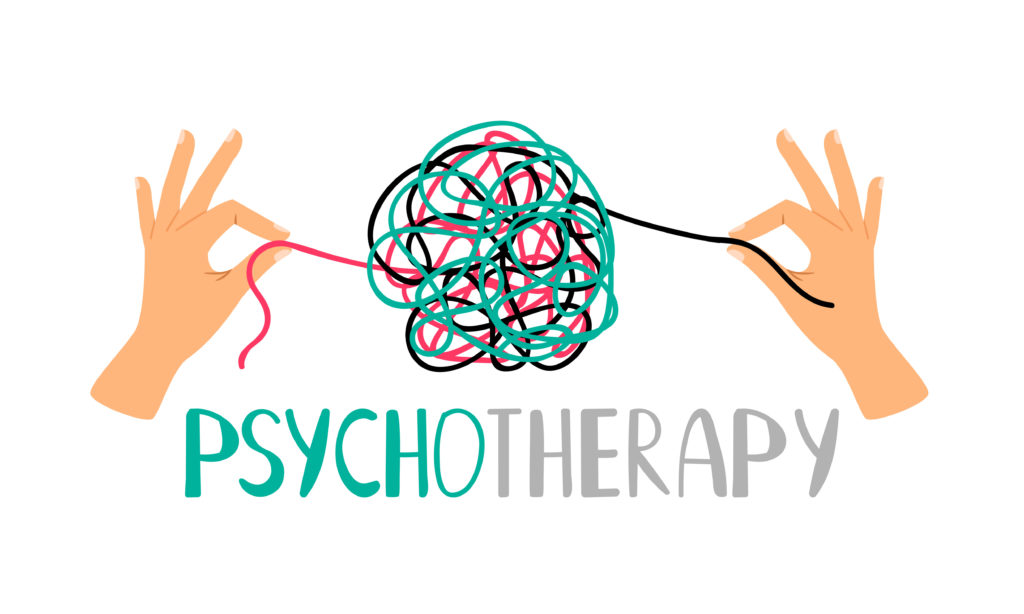A good therapist
The journal of American Psychological Association (APA) defines the qualities of a good therapist as one ‘having a developed set of interpersonal skills, taking time to build trust with the individual, having a treatment plan in place and keeping it flexible, monitoring the person’s progress, offering hope and realistic optimism, relying on research evidence.
Choosing a suitable therapist
Every individual is different, and everyone who seeks psychotherapy does it for varied reasons. Therefore, the providers need to have training in tackling a wide range of situations, but some of them can meet more specific requirements. They will need to have appropriate training. For example, a person who had been through trauma due to sexual orientation or race, or human trafficking, will require someone who understands where the person is starting from. A practitioner who deals with survivors of sexual abuse may specialize in counseling.
In order to ensure that you have identified the most suitable therapist, it is important to ask as many questions as possible before beginning the therapy. In this way, you can be sure you have found the right person as therapist. Sometimes a doctor, online community, or a local support group can recommend a therapist. Find out more about how mental health issues can affect black communities and what to do.
Risks and cautions
Psychotherapy offers many benefits to people. However, one needs to be aware of the risks and cautions before starting the treatment. More details about this are outlined below.
Unexpected effects
Psychotherapy can induce unwanted or unexpected results. Some people may experience changes that they did not want or did not expect. For example, recalling past experiences or events may trigger unwanted emotions in people. Although the therapy is aimed at resolving these emotions, dealing with them can be challenging. Therefore, it is very important to find a qualified, skilled, and trustworthy psychotherapist who can guide people through such challenging situations in a constructive and positive manner.
Unhelpful therapy
Generally, people feel better after psychotherapy treatment. However, it is time-taking and occasionally the therapist may not take the suitable or right approach. Research indicates that at least 10% of people end up feeling worse after beginning therapy. Experts have also expressed concerns about harmful therapies, which are techniques that actually slow an individual’s progress or make the person feel worse instead of feeling better. Research in some approaches is insufficient to support their use. In others, the ‘chemistry’ between the individual and the therapist may not be suitable. Whatever the approach may be, it is imperative for the therapist to monitor the person’s progress regularly and take feedback to mitigate the risk of therapy not working or having a negative impact.
Using an interpreter
Finding a psychotherapist who can speak one’s primary language is not easy. This is a real challenge for the disadvantaged in society. It may be possible to find an interpreter but it is necessary to find someone who can understand the complexity involved in the treatment. That person will require the skills and training to manage the specific dynamics involved in the relationship.
Cost in time and money
Psychotherapy treatment is expensive and time-consuming. This is one more reason why one should look for a qualified practitioner. The Mental Health Parity Act requires insurance companies to pay for mental healthcare just as a health professional is paid for physical medical care. It is important to note that the definitions of ‘reasonable and appropriate’ or ‘medically necessary’ may vary.
Summary
Psychotherapy treatment can help people with different mental health needs, which can range from overcoming stress to living with bipolar disorder. Although a doctor may prescribe psychotherapy alongside medication, some people will only benefit from psychotherapy treatment. That is why it is very important to find a good professional who is qualified, skilled, and trustworthy. The therapist must be able to win a person’s trust and confidence.








